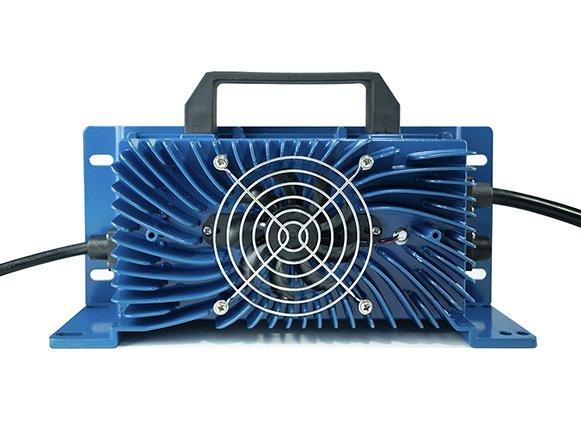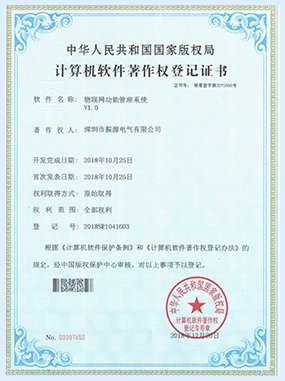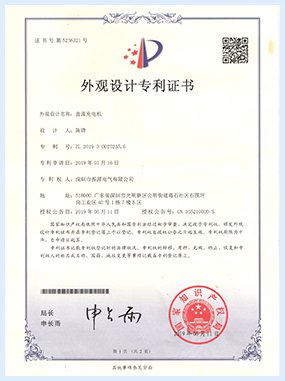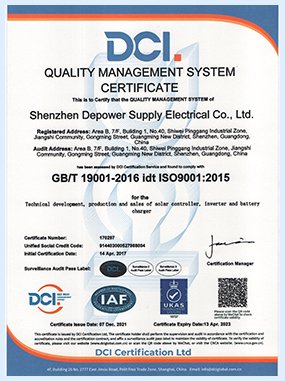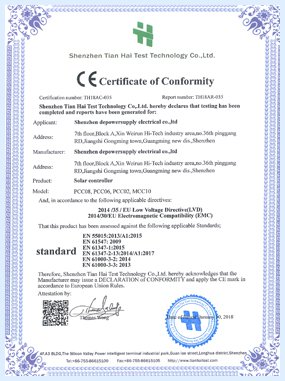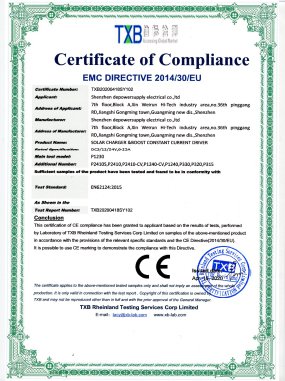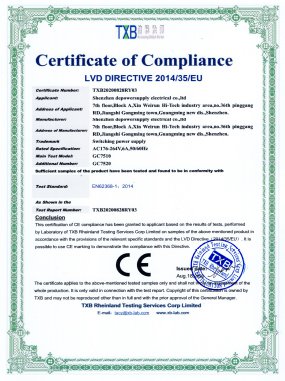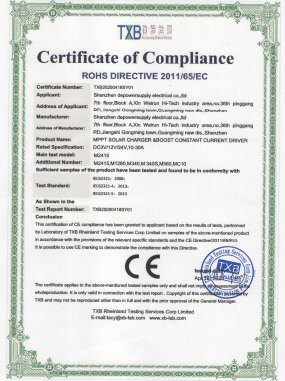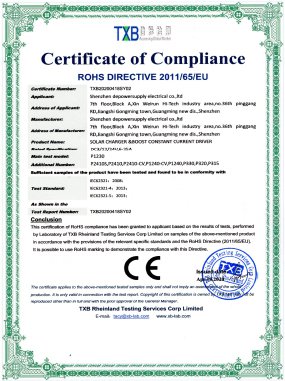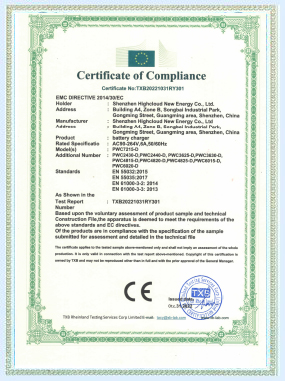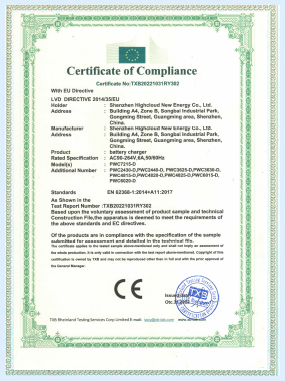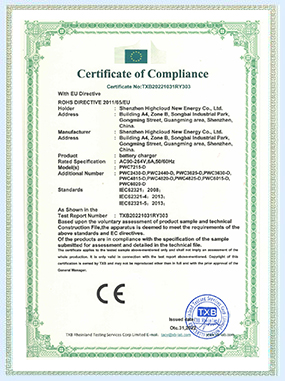Derating power refers to the process of reducing the maximum power output of a device in order to ensure safe and reliable operation in challenging conditions. In the case of a 48V portable waterproof charger, derating power may be necessary if the device is operating in extreme temperatures, high humidity, or other challenging environments.
For example, if the charger is being used in a very hot or cold environment, the internal components may be subjected to thermal stress that could cause them to fail prematurely. By reducing the maximum power output of the charger, the components can operate at a lower temperature, reducing the risk of failure and extending the lifespan of the device.
Similarly, if the charger is being used in a high humidity environment or exposed to harsh chemicals, derating power can help to prevent corrosion and other damage to the internal components. By reducing the power output, the device can operate at a lower temperature and lower voltage, reducing the risk of chemical reactions that could damage the charger.
Derating power can be accomplished in a number of ways, such as reducing the input voltage, limiting the charging current, or adjusting the charging profile. It is important to consult the manufacturer's specifications and guidelines before derating the power of any charging device, as improper derating can lead to reduced charging efficiency or other issues.
In summary, derating power may be necessary in certain challenging conditions to ensure safe and reliable operation of a 36V portable waterproof charger. By reducing the maximum power output, the device can operate at a lower temperature and lower voltage, reducing the risk of failure and extending the lifespan of the device.
Features:1.Waterproof IP65;2.Static power consumption<3W;3.Support lithium battery or lead-acid battery;4.Charging anytime, anywhere;5.Short circuit/overvoltage/overtemperature protection;6.Semiconductor devices adopt international famous brands;7.Temperature compensation function to prolong battery life


